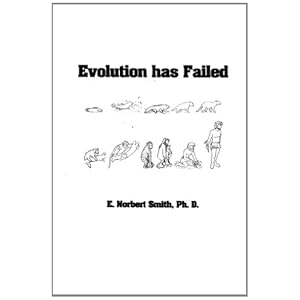The Vision Cascade is Initiated Not by Isomerization but by Force Field Dynamics
As you read these words a frenzy of activity is taking place as the light entering your eye triggers a highly detailed sequence of actions, ultimately causing a signal to be sent to your brain. In fact, even a mere single photon can be detected in your vision system. It all starts with a photon interacting with a light-sensitive chromophore molecule known as retinal. The interaction alters the retinal molecule and this, in turn, influences the large, trans-membrane opsin protein to which the chromophore is attached. This is just the beginning of the cellular signal transduction cascade. In the next step the opsin causes the activation of hundreds of transducin molecules. These, in turn, cause the activation of cGMP phosphodiesterase Read More ›



